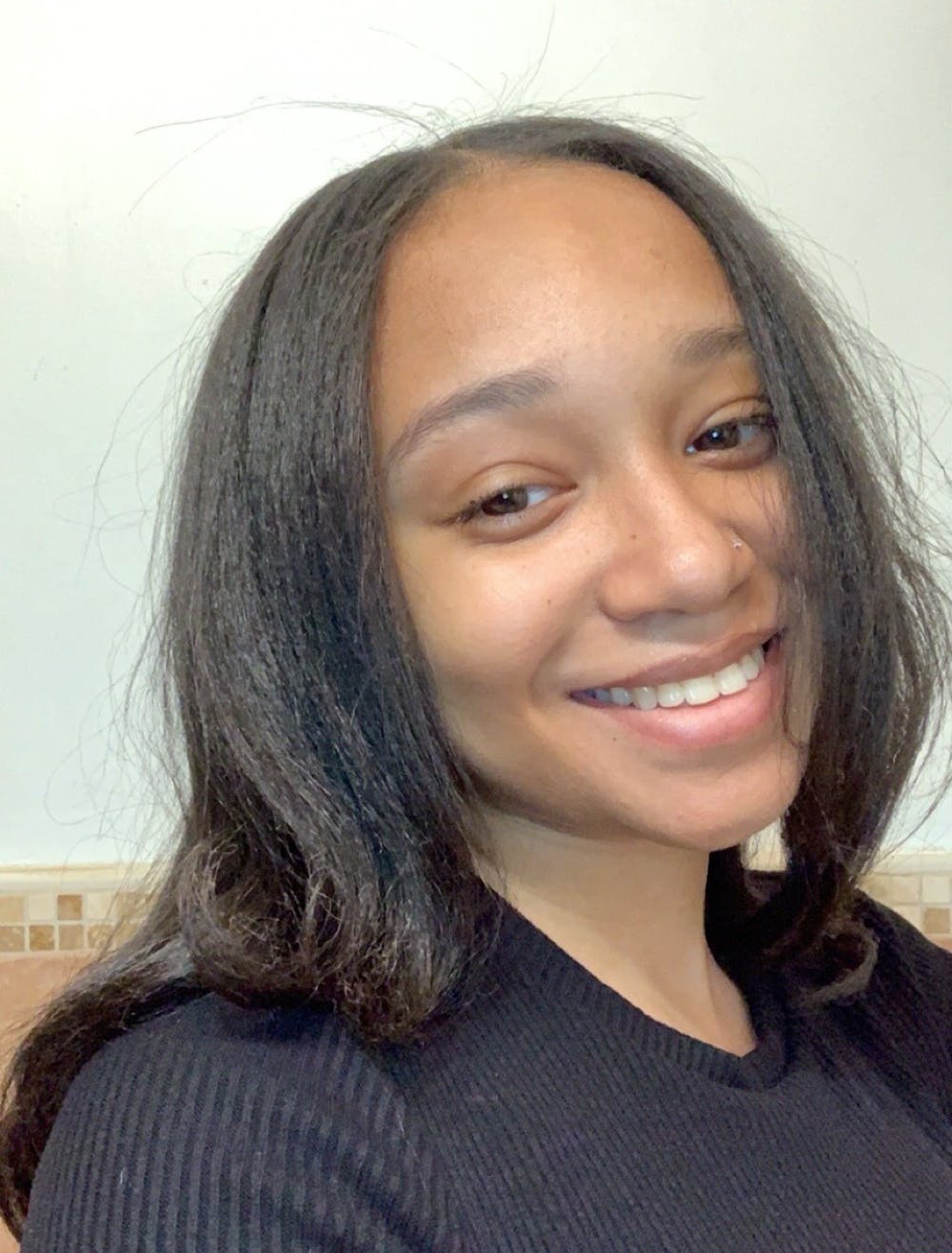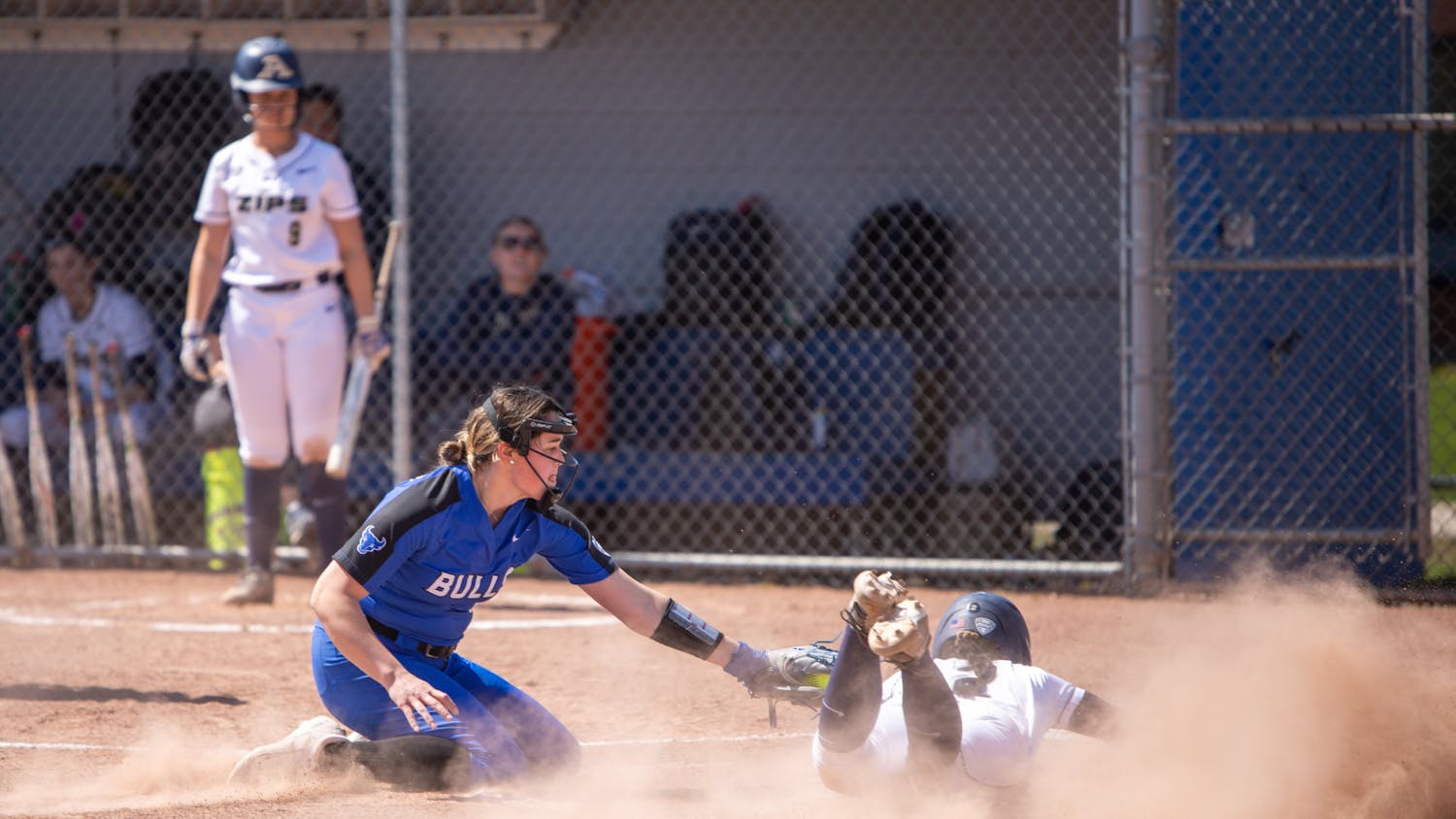Cancel culture is a phrase we hear and use frequently, but there is no clear consensus on whether or not it truly exists.
Call-out culture is, according to Merriam-Webster, “the practice or tendency of engaging in mass canceling as a way of expressing disapproval and exerting social pressure.”
It is often done after influencers go viral for all the wrong reasons. When an influencer does or says something problematic, people will attempt to remove their status and platform as a direct response.
YouTubers such as Shane Dawson and David Dobrik have been “canceled” for their problematic pasts; Dawson for his racist videos and for openly talking about his pedophilia, and Dobrik after a former collaborator was accussed or rape. Both have lost money from sponsorships and have been demonetized by YouTube.
But what about the equally problematic artists who are still obtaining record deals, contracts and sponsorships despite old tweets or videos that confirm their racist or homophobic views?
Is it right to bring up these influencers’ pasts? Is it fair for influencers to get a pass if they apologize?
Queen Naija Bulls, a famous YouTuber and singer popularly known as Queen Naija, has been called out for controversial comments she made a few years ago.
In 2017, Naija posted a YouTube video explaining how she got bullied by “Black,” “ugly” and “nappy headed” girls when she was younger. In the video, she talks about how they were “jealous” of her and made fun of her.
Naija faced calls to be canceled for being colorist, or discriminating based on skin tone. Naija initially defended her comments by arguing that what she said was “normal” in her household.
But less than two weeks later, she responded to a critic of a darker complexion, by telling them to take a “bleach bath.”
The canceling continued.
But despite these unacceptable comments, Naija gained more followers and success and was even signed by Capitol Records after the outrage died down.
This tends to happen to influencers who get ‘canceled.’ As the saying goes: all publicity is good publicity, and increased buzz around a creator, whether good or bad, can lead to droves of new followers discovering their content.
But what about those who are affected by these types of comments?
As a kid, I watched as the Black community and media regularly praised Black women with lighter complexions and relaxed hair.
My own light skin felt like a shield.
My coily hair, however, felt like a target.
I remember seeing very little representation on TV. I felt ashamed when the only women of color included on-screen donned long loose curls or straight hair.
I straightened my natural hair for years so I wouldn’t be seen as “nappy headed.” I didn’t think my hair was beautiful because nobody told me it was. I felt ugly and I was insecure. Terms like “good hair,” referring to relaxed styles, and “nappy,” referring to natural styles, were ingrained in me until my freshman year of college, when I finally decided to put down my flat iron and let my natural hair flourish.
I remember wishing I looked like society’s typical light-skinned girl and simultaneously feeling sorry for darker women.
I began listening to my friends and family with darker complexions talk about the poor treatment and colorism they faced. It was a wake-up call for me, seeing the people closest to mey being made fun of because they were darker skinned, and treated differently than I was.
Whether it’s preferences or jokes, it’s all hurtful.
Naija has a number of young impressionable fans who might have read those comments. What if there are young Black girls like myself who feel they have to look a certain way to fit into the categories they are placed in? What if there are young Black girls who read or watched what Naija said and feel that they are less than perfect?
Naija finally apologized for her comments last year after she felt her character was being tarnished in the media.
She addressed the situation by saying that it was “ignorant” for her to use those words to describe the people who bullied her and apologized to anyone she offended. She also addressed the “bleach bath” comment and said she did not mean it in a colorist way.
Her response was tone deaf and ignorant. Her apology initially consisted of her saying she isn’t colorist because she is half Black and is “cool” with other Black people. Then it turned into, “I was raised around it.” Now she is apologizing and acknowledging her faults but standing firm on how she is not colorist.
So, is “cancel culture” totally effective?
No.
But “cancel culture” allows for important conversations to take place.
Should a person with a racist past be canceled?
It depends.
If an influencer acknowledges their mistakes and apologizes, they should be given a chance to show their fans why they deserve to be forgiven. If an influencer doesn’t apologize and continues to show there is no harm in their actions, then they do not deserve their platform.
The features desk can be reached at features@ubspectrum.com





